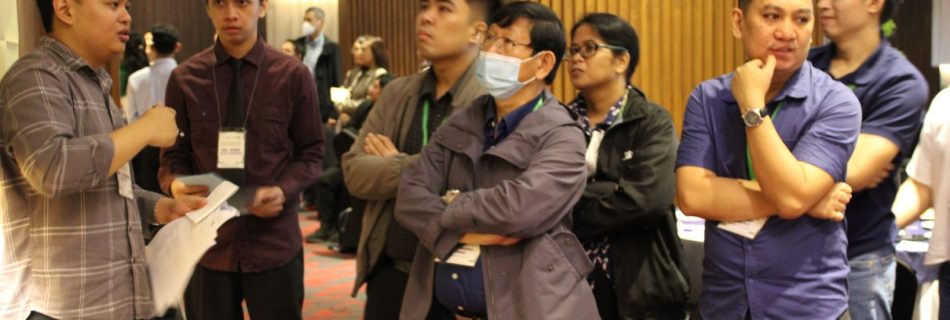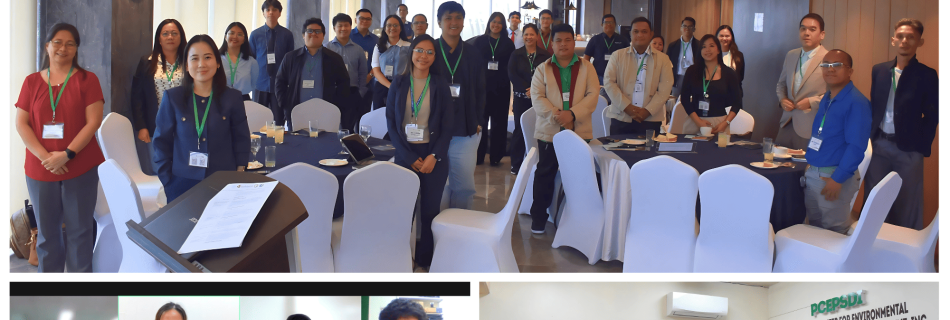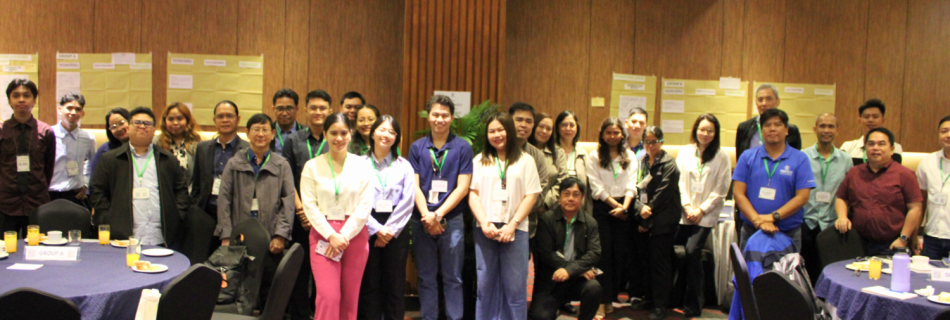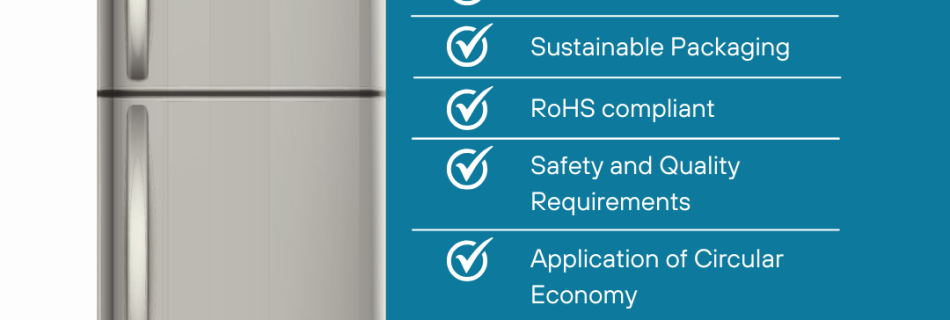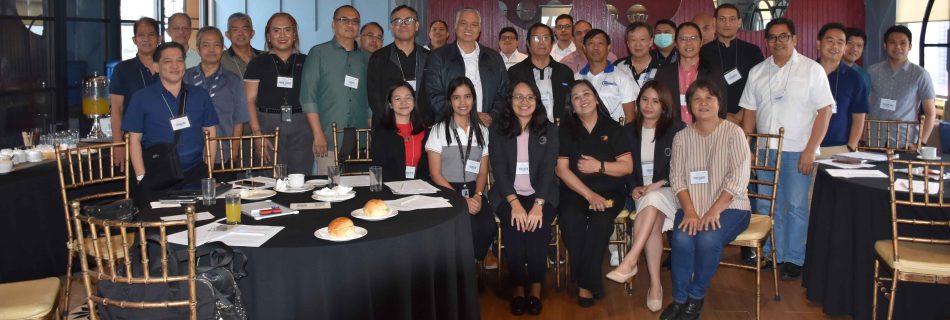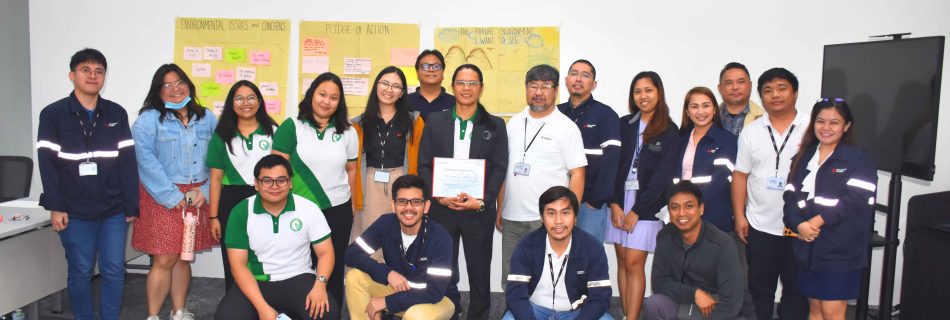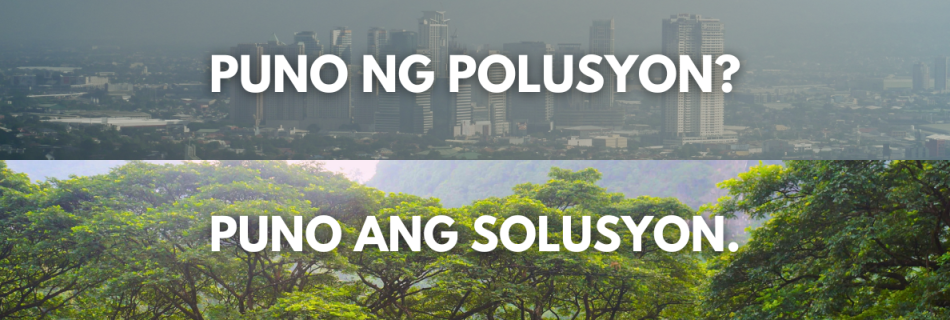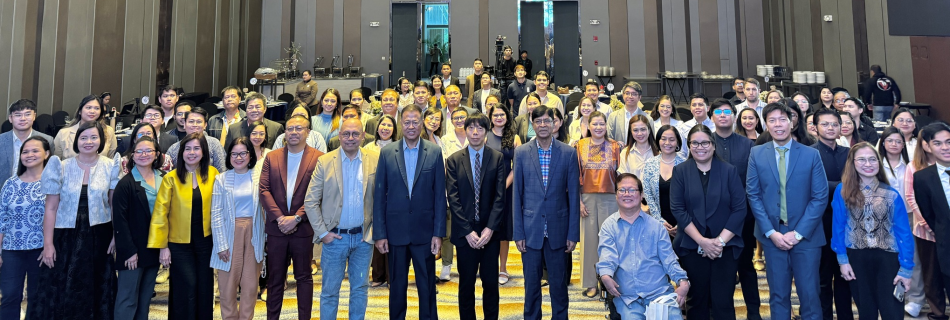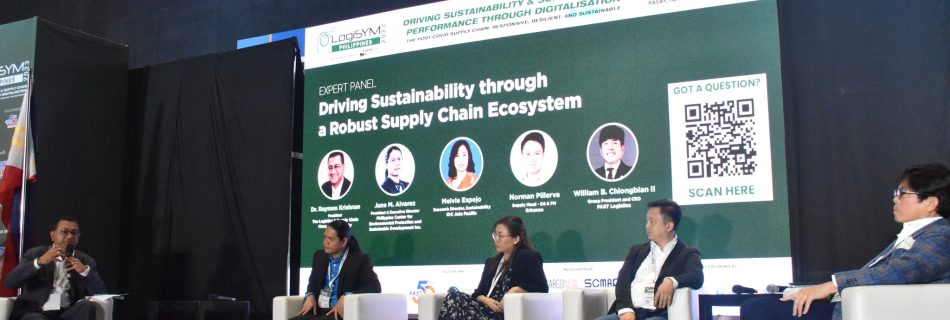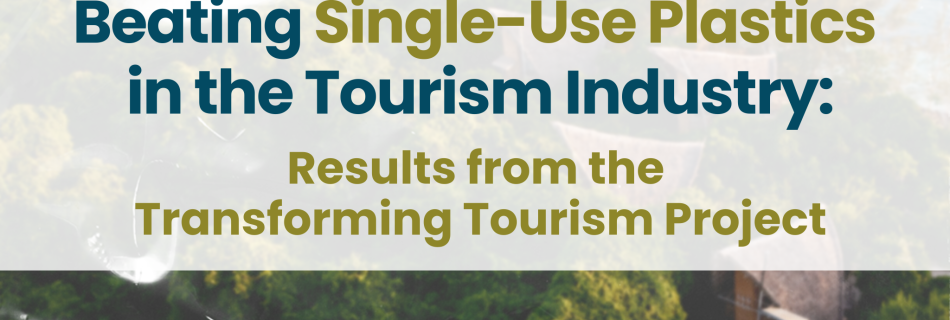THE GREEN CHOICE ECOLABELLING CRITERIA FOR STEEL PRODUCTS IS NOW AVAILABLE
In line with environmental initiatives towards sustainability in the building and construction industry, the national Ecolabelling Programme Green Choice Philippines (NELP-GCP) published the Ecolabelling Criteria for Steel Products. The development of the criteria aims to align not only to steel production’s significant environmental impacts, but also to the existing local laws and regulations, guidelines, and sustainability trends. This was made possible by the Philippine Center for Environmental Protection and Sustainable Development, Inc. (PCEPSDI)—the Administrator of NELP-GCP—through the EcoAdvance Project, a collaborative effort between the United Nations Environment Programme (UNEP), GIZ, and Öko-Institut, receiving financial support from the German Federal Ministry for the Environment, Climate Action, Nature Conservation and Nuclear Safety (BMUKN) through the International Climate Initiative (IKI). The development process for steel criteria was also guided by industry experts from both the private and public sector, steel manufacturers, industry associations, government agencies, key stakeholders, and environmental experts through a series of technical committee meetings. PCEPSDI also conducted a stakeholder consultation as part of the development process for the steel criteria. The consultation was attended by key representatives from the steel industry, including SteelAsia, Pag-asa Steel, and Capitol Steel—recognized as leading institutions in the Philippine steel sector. In addition to manufacturers, testing laboratories such as Standpro OPC Testing Center, A7 Testing Center for Construction Materials, Inc., Philippine GeoAnalytics, Inc., and SGS Philippines, Inc. also participated. Their technical expertise was instrumental in refining the criteria, particularly in ensuring the alignment of quality assurance and product performance standards. Also in attendance were various industry associations representing both the steel and the broader building and construction sectors, including the Philippine Iron & Steel Institute (PISI) and Subdivision and Housing Developers Association (SHDA). Their contributions were vital in capturing the perspectives of consumers and end-users, ensuring that the criteria comprehensively address the needs and priorities of all stakeholders in the value chain. Representatives from different government agencies like DOLE, DOTr-Aviation & Airports Sector, UP-BRS, and DENR-MGB which are crucial for policy writing and intervention in developing the criteria for steel. The representatives actively participated in a workshop dedicated to the development of the steel criteria. The engagement session provided an opportunity to discuss potential gaps and concerns in the development process, ensuring that all inputs and insights were thoroughly considered and addressed during the consultation program. As steel is one of the major products that is used in the construction industry as it is widely used to shape a building’s foundation, mostly used in bridges, roads and other types of infrastructures. To ensure a structure’s stability, it is also imperative that the quality of iron and steel products to be used are of standards not only for stability but also for sustainability and safety. The production of steel products is broad and has adverse effects for the environment, specifically on emissions, biodiversity, and freshwater consumption. Since steel is a primary component of infrastructures, the building and construction industry demands a large amount of the product. The growing environmental pollution and degradation due to the production of steel products highly implies the need to shift to a sustainable manufacturing process in the steel industry. NELP-GCP’s Criteria for steel products applies for the following: Flat Steel products (Roofing) Long Steel Products (Rebars and Equal Leg Angle) Steel Pipes (BI and GI) Structural shapes (H beam, I Beam, W Flange, Sheet piles, Steel plates, including accessories) Low Relaxation Seven – Wire Steel Strand Prestressed Concrete Key Features of the Criteria for Steel Products 1.Raw Material Sourcing Steel products shall be made from 50% scrap (by weight of the steel content. 2. Low Carbon Footprint carbon emissions shall not exceed 0.7 tCO2eq/ton of semi-finished steel and 0.8 tCO2eq/ton of finished steel. 3. Freshwater Consumption Applicants shall implement a water conservation program covering 90% of their freshwater consumption. Be Green Choice Philippines Certified Now! Becoming GCP certified is more than just a label–at Green Choice Philippines, we encourage manufacturers, distributors and retailers to adapt and include improvements in the product designs that will enable their targets to become sustainable. While Green Choice Philippines is a voluntary certification program, GCP criteria contain criteria that are compliant with specific laws in the Philippines, and GCP’s ecolabelling standards go beyond the mandatory Philippine Standards, defining environmental standards for specific product categories. Whenever a product is observed to bear a Green Choice Seal, it shows that it has been independently assessed by Green Choice Philippines. By applying and inquiring with the criteria for steel products, you are positioning your company as proactive contributors to the Philippine’s initiatives towards Sustainable Development Goals, while communicating to your consumers that your products are environmentally and socially preferable. Click [GCP 20250040] to download the full version of the GCP Criteria for Steel Products. For inquiries, certification applications, or other concerns about sustainability initiatives, please contact Green Choice Philippines through greenchoicephilippines@pcepsdi.org.ph or via call at (02) 7004 3908.
